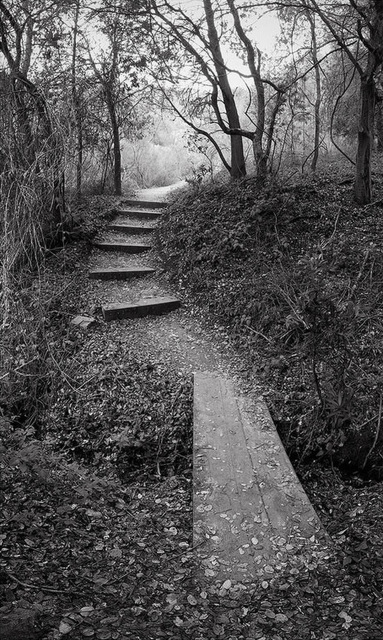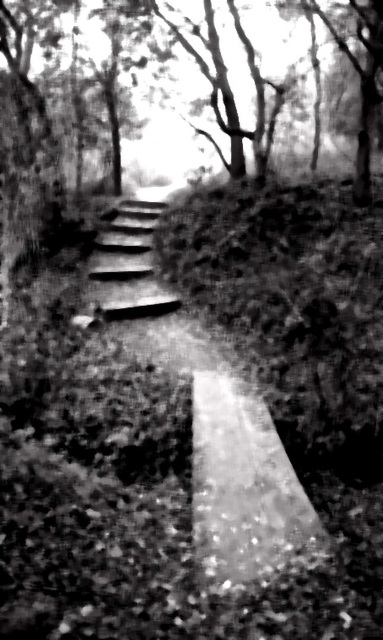Fascinating subject. After also having studied this stuff and then had a long job history in production I think I have come to a somewhat different conclusion. I find these rules to be most useful after, rather than during production.
I suspect these design principles, formulas, rules and algorithms are often useful to psychologists and human behaviorists. They also serve a purpose for those who, after-the-fact, want to figure out why a certain approach worked - or failed. They are applied for the most part, to try to explain what makes a a visual representation a good one. Reviewed by new emerging photographers they possibly can be digested and help in choosing a method and style of operation.
Think there may be little purpose in the attempt to employ these in the act of taking a photograph, or for that matter, painting a picture. If it was otherwise everyone who read and memorized all this material would be taking/making museum quality and award-winning visuals - all of them with a certain similarity. What I find elusive, and not mentioned here, is the talent that in some people has them knowing and recognizing what is - or will become - good art. Seems it is only after we have decided the merits of any visual that we go looking to see what was done right or wrong or not done at all.
No memorizing of the rules: point your toes, arch your back, keep your body perpendicular, get sufficient spring off the board, will make an olympic diver of everyone who remembers them. The rules will only help those few who have it in them to become an olympic diver.
Maybe people with talent digest - internalize - those rules which will guide their art and then pay them little heed again. Surely no street photographer, with time being of the essence, is peering through his finder and thinking about the rule of thirds, repeating shapes, or balancing lines. He knows when something is right. Even the still life photog is unlikey to be setting up according to a litany of rules and guides. If he has a "bent" he instictively knows what will work.
Analyzing art is great sport and an interesting pastime. Wondering what made something work is intriguing. But none of this will make an artist, I suspect Much as people want to find the aha! moment and discover the magic - or the gear - or the rule - that made a particular artist, or photographer or, for that matter musician, or sculptor, good at what he did so they can repeat the phenomenon, that is not how things work I think. Perhaps - likely - that is because what leads to the success of artists and, perhaps many others as well, is buried deep in their brains, or possbily in their DNA. Seems to me that is the case..







